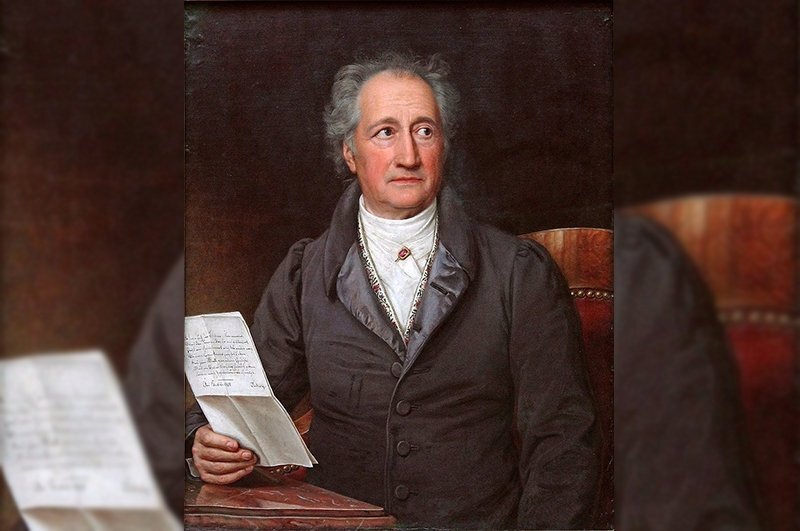Hawzah News Agency - Contrary to many Enlightenment writers that belittled Islam and Prophet Muhammad (PBUH) in their literary works, Johann Wolfgang von Goethe was inspired by the Orient and praised its religion.
The Age of Enlightenment, which gave rise to the French Revolution, undermined the church’s authority in Europe. While the church previously controlled all the information on Islam and Prophet Muhammad, this began to be questioned with the Enlightenment. The details on the prophet, in particular, were investigated once again, which manifested itself in the fields of culture, arts and literature.
Anti-Islamism under the control of the church lost influence; however, the hatred took a different form this time. For instance, Voltaire, a prominent French Enlightenment writer, pushed all his humanist ideas to the background and targeted Prophet Muhammad. He prepared a disparaging stage play featuring imputations about him, which formed a basis for many radical secularist plays.
Despite all these publications that fueled hatred in Europe, there were also those who praised and defended the prophet. German Johann Wolfgang von Goethe, one of the most prominent writers of world literature, is the poster child of this.
Literary classics
Because Goethe was the son of a well-heeled and intellectual family, he had a strong educational background. He received private tuition in ancient Greek, Latin, Hebrew, French, English, Italian, as well as in theology, natural sciences, history, geography, mathematics, painting and music. Again, as a child, he was introduced to tales of “One Thousand and One Nights” by his mother and grandmother.
Although it was not his strong suit, he studied law at the university at the insistence of his father. He did not enjoy it but graduated from law school and was entitled to advocacy.
His acquaintance with the famous humanist writer, theologian and philosopher Johann Gottfried Herder (1744-1803) during his school years in Strasbourg is one of the turning points in his life. Herder was one of the researchers who had a positive view of Islam. He also advised Goethe to read the Quran.
He showed how the Arabs protected their faith and culture through the miraculous language of the Quran and the deep meaning it contains as an example to him. He also suggested if the Germans, who dominated Europe, had classic books in their own language, Latin would not be dominating the German language.
For this reason, Goethe always meticulously prepared his works to contribute to the German language. Indeed, in 1774, his first novel, “Die Leiden des jungen Werthers” (“The Sorrows of Young Werther”), had broad repercussions. Reflecting feelings, thoughts and psychology of youth, the book gained a great reputation worldwide and has been translated into 64 languages so far.
It also took him 60 years to write his magnum opus, “Faust,” a world classic that he would call “the work of my life.” The second part of the book was published posthumously.


Your Comment